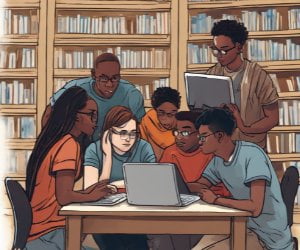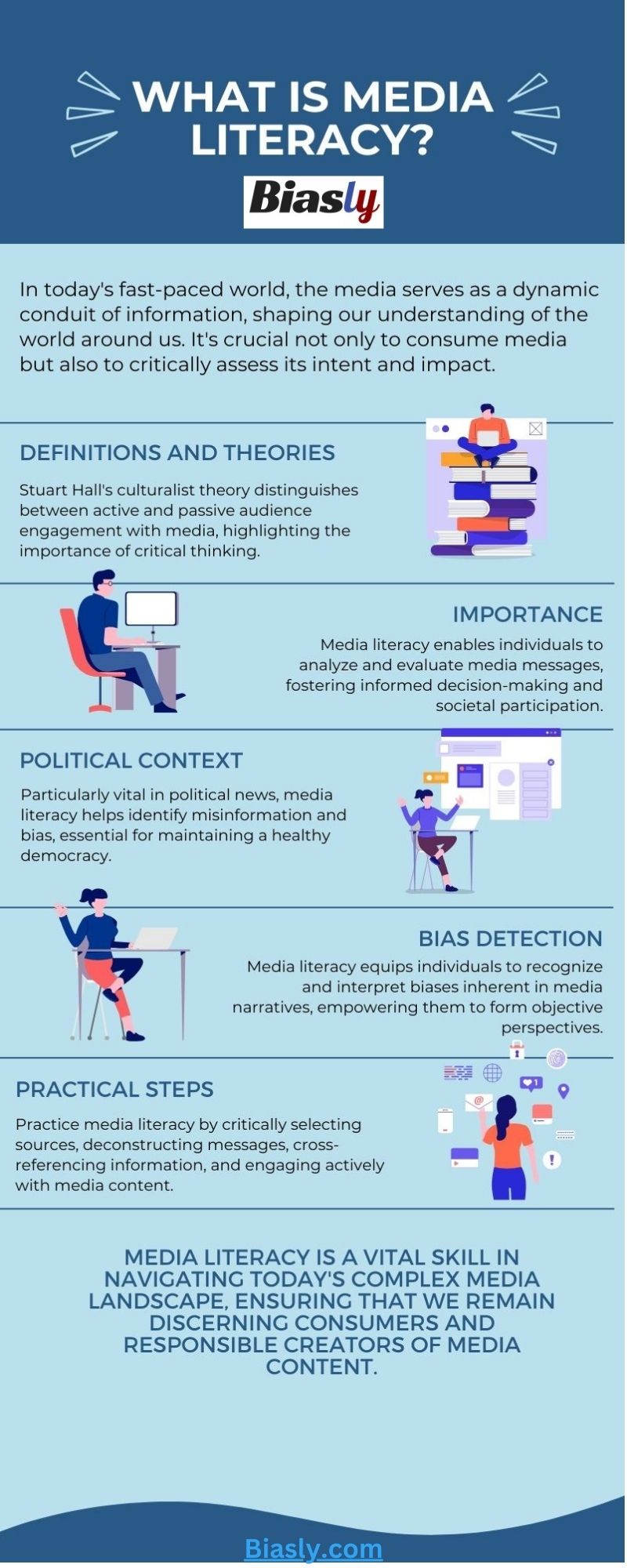
In the rapid progression of the contemporary world, the media exists as an ever-changing vessel of information. Beyond being able to digest all of this information, it is also essential that we are keen on the intent behind the media we are consuming.
In exploring how individuals are to make sense of such media texts, culturalist theorist Stuart Hall created two distinct categorizations of audience engagement. An active audience is described as being able to engage with and critically respond to the ideas and messages encoded in our media. On the other hand, a passive audience blindly accepts and fails to question the validity and messages portrayed within the media.
The term media literacy is defined as the ability to critically analyze the images and messages presented to us through mass media, assess the influence of this information, and produce media conscientiously. This serves as a vital skill in the 21st century as we have seen trends over the past decade indicating a drastic increase in the frequency that individuals are exposed to media.
The Importance of Media Literacy Skills
From newspapers to the radio to the vast depths of the internet, media literacy allows us to adequately engage with the hoards of media messages we encounter daily. Being able to make better choices regarding the types and sources of media we consume helps us to become more educated and critical members of society.
Media literacy is especially important in the realm of political news. Our plethora of modern media has widely expanded access to misinformation and what is commonly known as “fake news”. It is crucial that we are able to evaluate the authority, objectivity, and quality of the media before us to avoid blind conformity to false narratives. As the media has the power to influence political discourse and ideology, an informed and critical citizenry is necessary for a functional democracy.
Media literacy also serves as an essential tool for bias detection. As well as helping people to recognize implicit biases in the media, media literacy further allows individuals to see how certain information affects their own perceptions and ideas. For example, an inherently liberal news source such as CNN may seek to promote human rights issues by highlighting racial injustice and gender equality while a more conservative news source such as Fox News may cover more inner-city crime in order to paint minorities in a negative light. By recognizing these biases, media-literate individuals can make rational decisions about how to perceive these delusive messages.
Our media is not just the harmless entertainment that it may appear to be. This being so, media literacy has become an essential modern-day skill helping us to…
- become wise consumers of media
- be responsible creators of our own media
- retain and sharpen critical thinking skills
- logically navigate and appropriately engage in a global media domain
How to Practice Media Literacy:
- Think critically about how you search for media
Language is a very important tool in determining what media is shown to us. Make sure to be thoughtful about the keywords used when searching for media, taking into consideration how this will affect the media you are presented with.
- Deconstruct messages
Who created and distributed this media? What was their purpose for doing so? How is the message portrayed? Who is the intended audience? How is the message delivered? Asking yourself these questions and more can help you to think more critically about the media you are consuming.
- Cross-reference
Who else is reporting on this news, and more importantly, what are they saying about it? Are they utilizing proper sources or are they just trying to push their own agenda? It is crucial to cross-check claims and sort through misinformation by taking a broader look at similar media available.
- Be an active audience!
As mentioned above, work to engage with and critically respond to the media presented to you. Avoid taking media at face value and instead, push back against and question it in order to receive the most valuable and unbiased information.
The more aware we are of what’s happening around us the better equipped we are to make more informed and rational decisions. Learn more about media literacy and other ways to counter media biases with Biasly.























